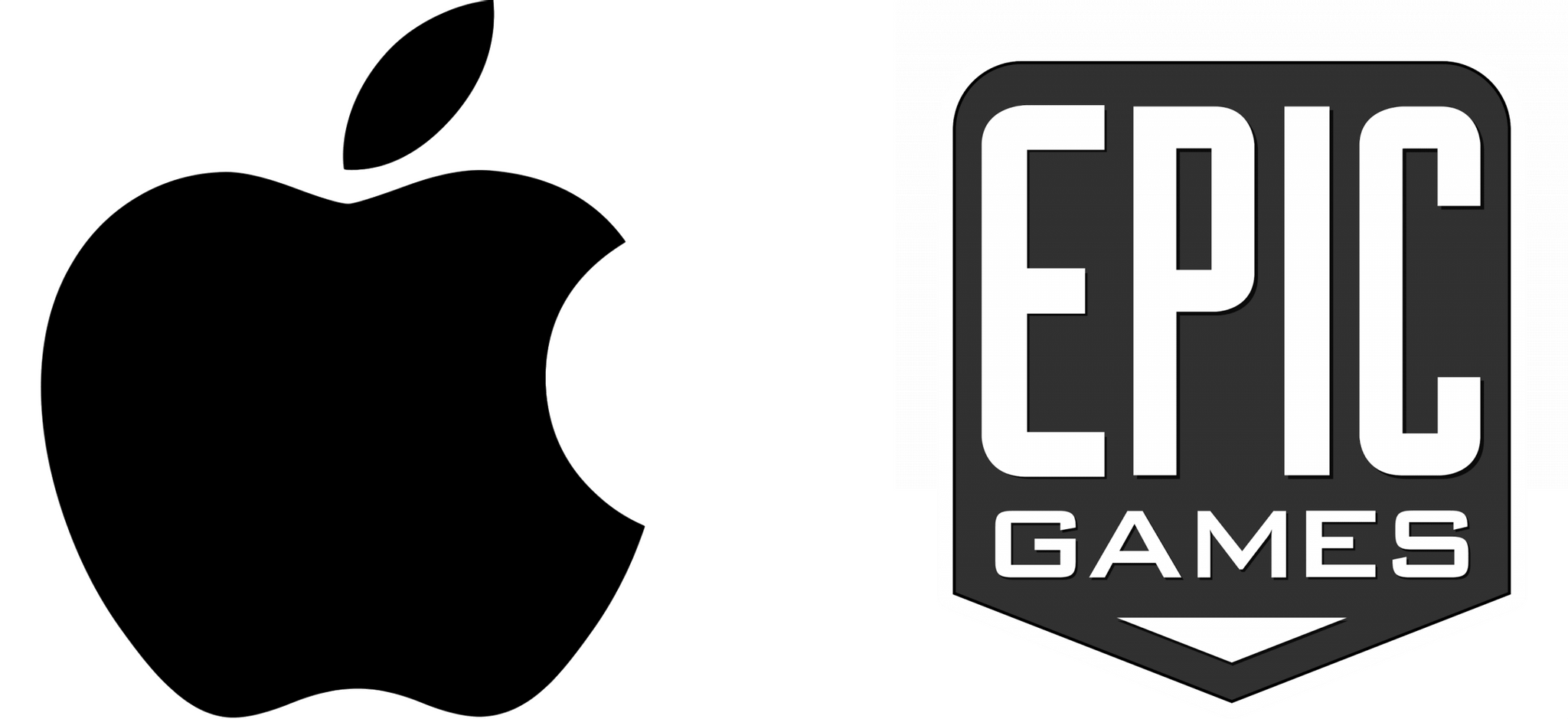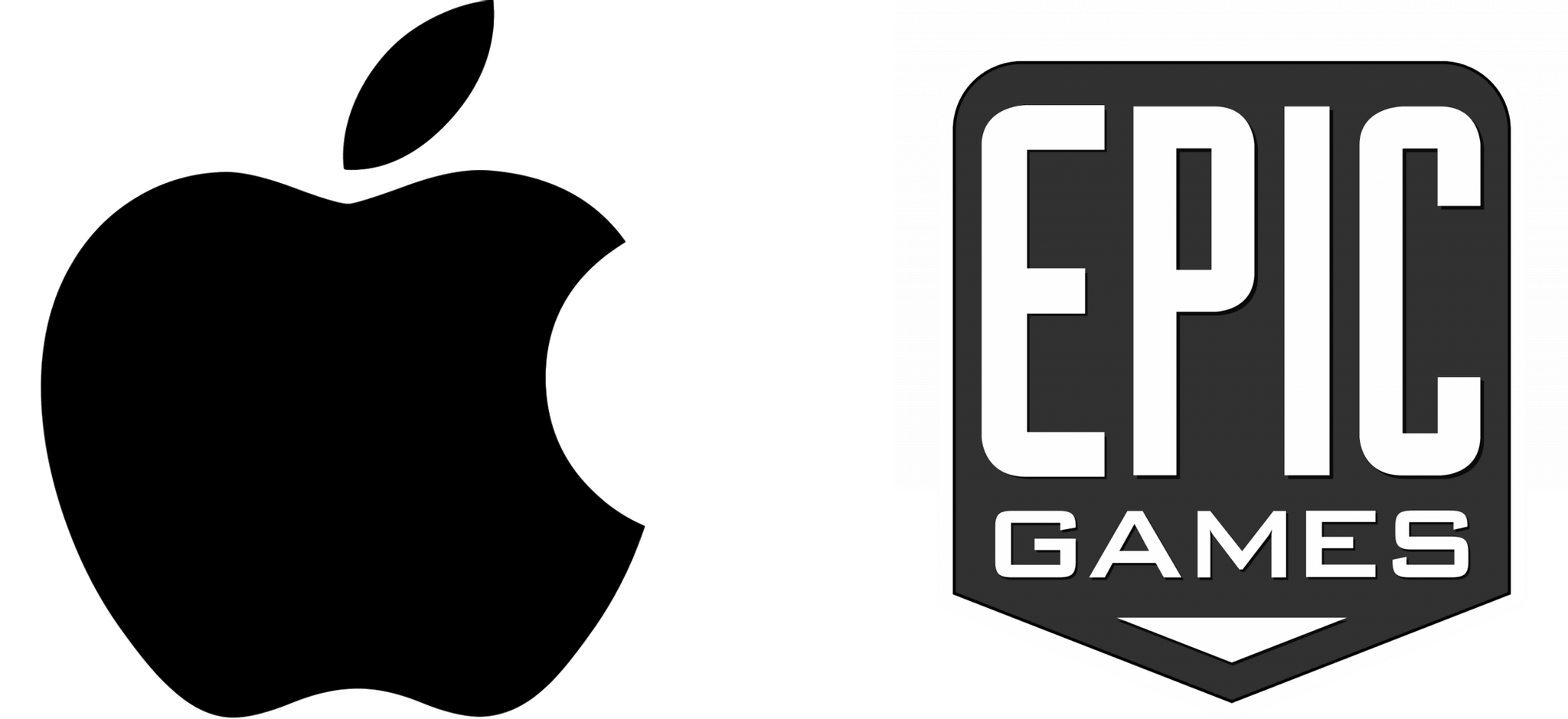Yesterday, the US Supreme Court told Epic Games and Apple, “No, thank you,” and Apple served up an ugly alert to developers who can now offer payment options outside the App Store. If you’re thinking, “Wait, didn’t this all get resolved ages ago?” I feel you. The legal system moves at its own pace, which is an order of magnitude slower than technology. However, what might feel like a lifetime ago to many MacStories readers is pretty typical. It also means that it’s time to put on my ‘former lawyer’ hat for a moment to revisit where things stand with Epic and Apple and consider what’s next.
Posts tagged with "antitrust"
What’s Next for Apple and Epic’s Legal Disputes?
What Does It All Mean?: A Look at Judge Gonzalez Rogers’ Decision in the Epic Versus Apple Trial
Yesterday, US District Judge Yvonne Gonzalez Rogers decided Epic Games’ antitrust lawsuit against Apple, delivering a ruling in favor of Apple that comes with significant caveats. Although the Judge found that Apple‘s operation of the App Store isn’t an exercise of monopolistic power, she concluded that App Review Guidelines and related provisions of its agreements with developers foster a lack of pricing transparency store-wide that undermines competition under California law. So, while the decision is undeniably a win for Apple in many respects, it’s also a decidedly mixed bag. I’ve taken the time to read Judge Gonzalez Rogers’ 185-page decision and having written an in-depth look at the issues going into the trial, I thought I’d follow up with what the Court’s ruling is likely to mean for Epic and Apple as well as all developers and consumers.
Epic Versus Apple: The MacStories Overview
Later today, Epic Games and Apple will square off in a high-stakes trial in US federal district court that’s nominally about money. However, if that were all that was at stake, the claims each company has made against the other would likely have been resolved by now. Companies the size of Apple and Epic settle because it’s rarely in their interest to have a judge make decisions for them. However, this trial is different.
There’s more to these disputes than Epic’s allegation that Apple violated antitrust laws and Apple’s claims that Epic violated its developer agreement. Underlying it all is the way the dispute was precipitated by Epic. The Fortnite creator’s actions don’t necessarily absolve Apple of antitrust violations, but Epic’s calculated orchestration of events leading to the dispute have not gone unnoticed by the judge presiding over the case and may influence the trial’s outcome. Coupled with Epic’s efforts to get regulators around the world to take up its cause and its very public crusade against the way Apple operates the App Store, it’s not surprising that the claims haven’t settled. Instead, the parties will begin today with opening arguments in front of US District Judge Yvonne Gonzalez Rogers, who the parties have agreed will decide the dispute instead of a jury.
Regardless of your opinion of the way Apple runs the App Store or Epic’s litigation tactics, the thing to keep in mind as the trial starts is that the judge is being asked to settle a legal dispute, not set policy. Both companies have made specific claims against the other, which by definition means the judge’s ruling will likely be narrower in scope than it would be in an antitrust case brought by the US government. Nor is any remedy imposed by the judge likely to be as broad as government regulation of the App Store might be someday.
Still, that doesn’t mean the stakes aren’t high; they are. An adverse ruling against Apple could significantly change the way the company operates the App Store and would likely trigger more antitrust lawsuits and regulatory scrutiny in the future. As a result, I thought it would be useful to dig in and take a closer look at some of the parties’ arguments and the context in which this dispute arose to provide a better sense of what to expect from the trial, which is expected to run about three weeks, and what the outcome might be.



